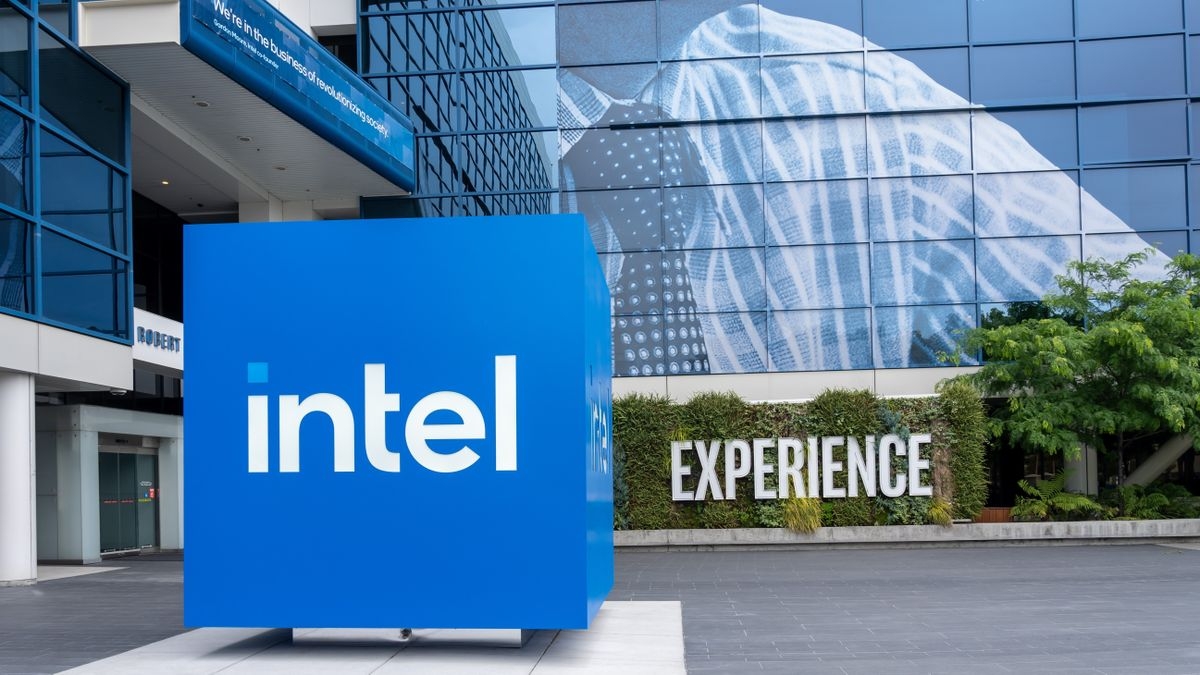- cross-posted to:
- pracownicze@szmer.info
- ekg@szmer.info
- cross-posted to:
- pracownicze@szmer.info
- ekg@szmer.info
Intel’s stock dropped around 30% overnight, shaving some $39 billion from the company’s market capitalization since rumors of a pending layoff first emerged. The devastating results come after the chip giant reported a loss for the second quarter, complained about yield issues with the Meteor Lake CPU, provided a modest business outlook for the next few quarters, and announced plans to lay off 15,000 people worldwide.
When the NYSE closed on July 31, Intel’s market capitalization was $130.86 billion. Then, a report about Intel’s massive layoffs was published, and the company’s market capitalization dropped sharply to $123.96 billion on August 1. Following Intel’s financial report yesterday, the company’s capitalization dropped to $91.86 billion. Essentially, Intel has lost half of its capitalization since January. As of now, Intel’s market value is a fraction of Nvidia’s worth and less than half of AMD’s.
As Intel’s actions look rather desperate, analysts believe that Intel’s challenges are existential. “Intel’s issues are now approaching the existential,” Stacy Rasgon, an analyst with Bernstein, told Reuters.



They are not doing better in the gpu marketshare. They are a new challenger in that space and are no where near getting the lead. The point I was making is that they are just getting into that space, and if they are successful at chipping away at nvidia’s giant high margin market share they can very possibly make a ton of money in that space.
Their GPUs however are fairly good price/performance for consumers, meaning they are building market share in that space. Like any business starting out at something they are losing money to gain market share. That’s how capitalism works today. You lose money to gain popularity until you get so much market share you can turn screws to make significant profits.
Intel’s bread and butter is CPUs. They are the majority market share in the highly lucrative desktop cpu,
mobilelaptop cpu and datacenter cpu space.edit: clarification, mobile I mean laptop. I don’t think intel is in the cellular phone space?
SRIOV in the datacenter without restrictive / Prohibitive licensing costs
I thought qualcomm was the majority market share in the mobile cpu space?
Good catch, I meant laptop. Most end user systems provided today are laptops for the last several companies i’ve worked for.